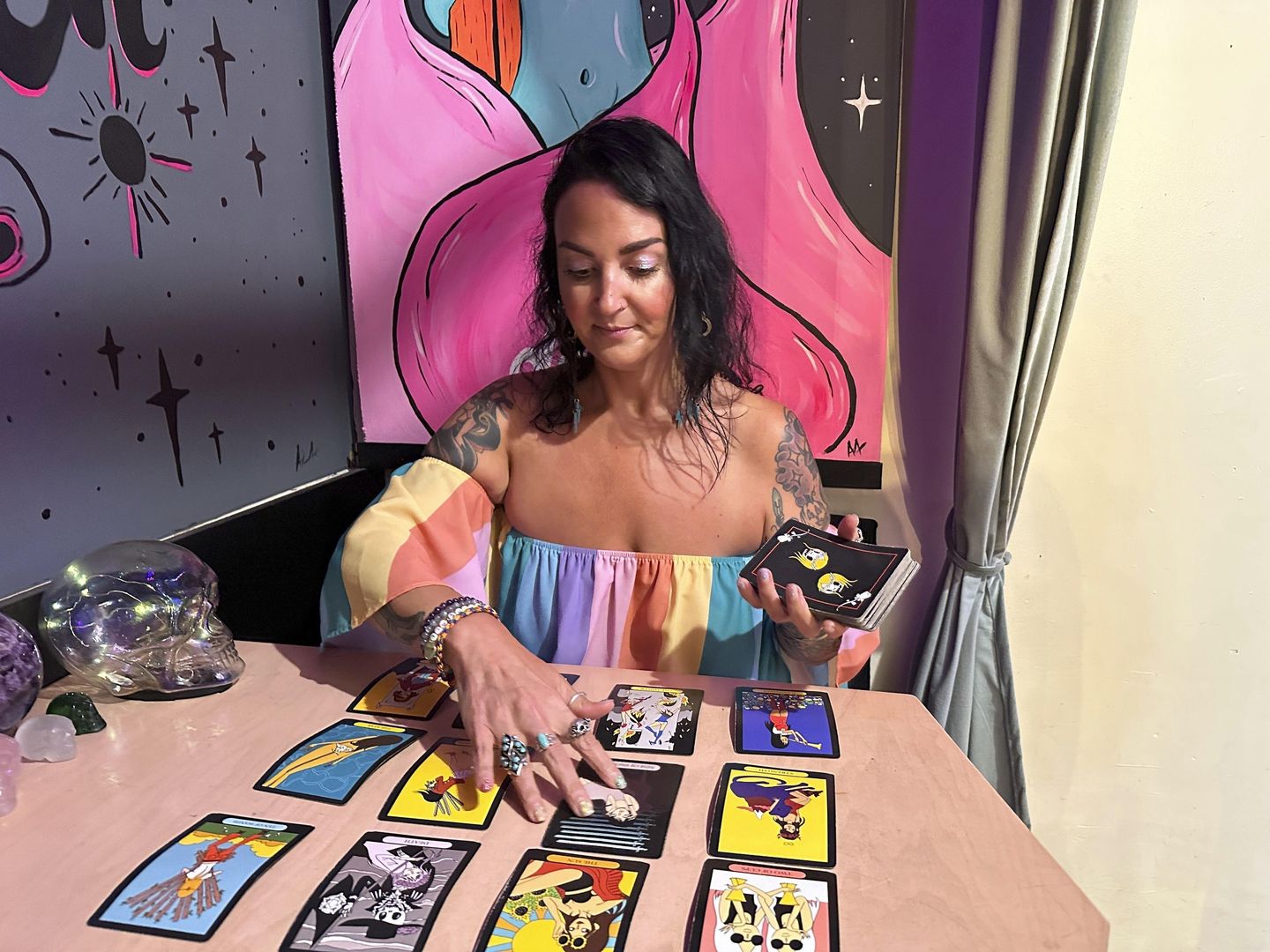
Roughly three in 10 American adults say they consult astrology, tarot cards or fortune tellers at least once a year, according to a new Pew Research Center survey.
Despite astrology’s surge in cultural cachet (especially on TikTok during the COVID pandemic), belief levels have remained largely flat, Pew researchers note. Today, 27% of Americans say they believe the stars and planets influence human lives, compared to 29% in 2017.
Young women are the most likely group to hold such beliefs, with 43% of women under 50 affirming astrology, nearly triple the rate of older men, just 16% of whom say the same.
LGBT adults report especially high engagement: 54% consult horoscopes at least once a year, and 33% use tarot cards, which is roughly three times the national average. Twenty-one percent say they rely on these practices at least somewhat when making major life decisions.
Still, only 1% of U.S. adults say they rely heavily on astrology, tarot or fortune-telling for life choices. Another 5% report relying “a little.”
Most respondents chalk it up to amusement rather than metaphysical guidance. Pew found that 20% of Americans engage in these practices mostly “just for fun,” while 10% do so because they believe the insights are meaningful.
Gender, age and income all shaped belief levels, according to the report. Women are rated twice as likely as men to believe in astrology. And belief is highest among younger adults and those with lower incomes.
Religiously affiliated and unaffiliated adults believe in astrology at nearly identical rates, around 27%. Belief, however, runs higher among Black Protestants and Hispanic Catholics, and lower among white evangelicals and atheists.
Tarot cards and fortune-telling are more popular among younger Americans, with nearly a quarter of adults under 30 using tarot annually. Just 3% of Americans over 65 say the same, according to the survey.
Hispanic Catholics were the most likely religious group to say they consult these practices for genuine insight, with 12% factoring them into major decisions.
Although the practices remain niche, 6% of Americans engage weekly — a figure that jumps to 15% for LGBT Americans who use tarot.
For the rest, it seems the mystical is less a moral compass than it is a passing curiosity.
The nationally representative survey ran last fall, among 9,593 adults who are part of Pew’s American Trends Panel, a group recruited through random sampling of residential addresses to reflect the broader U.S. population.












